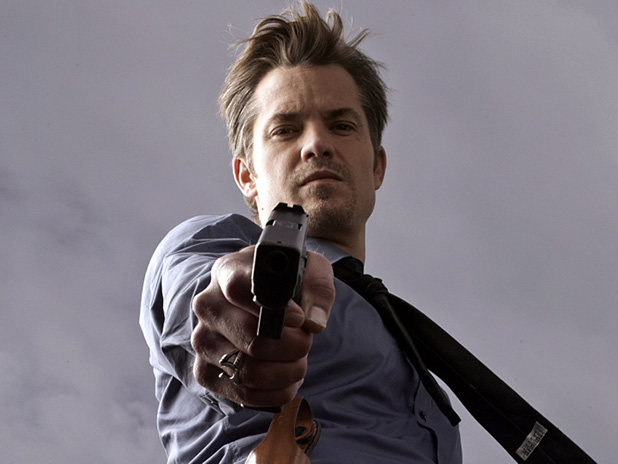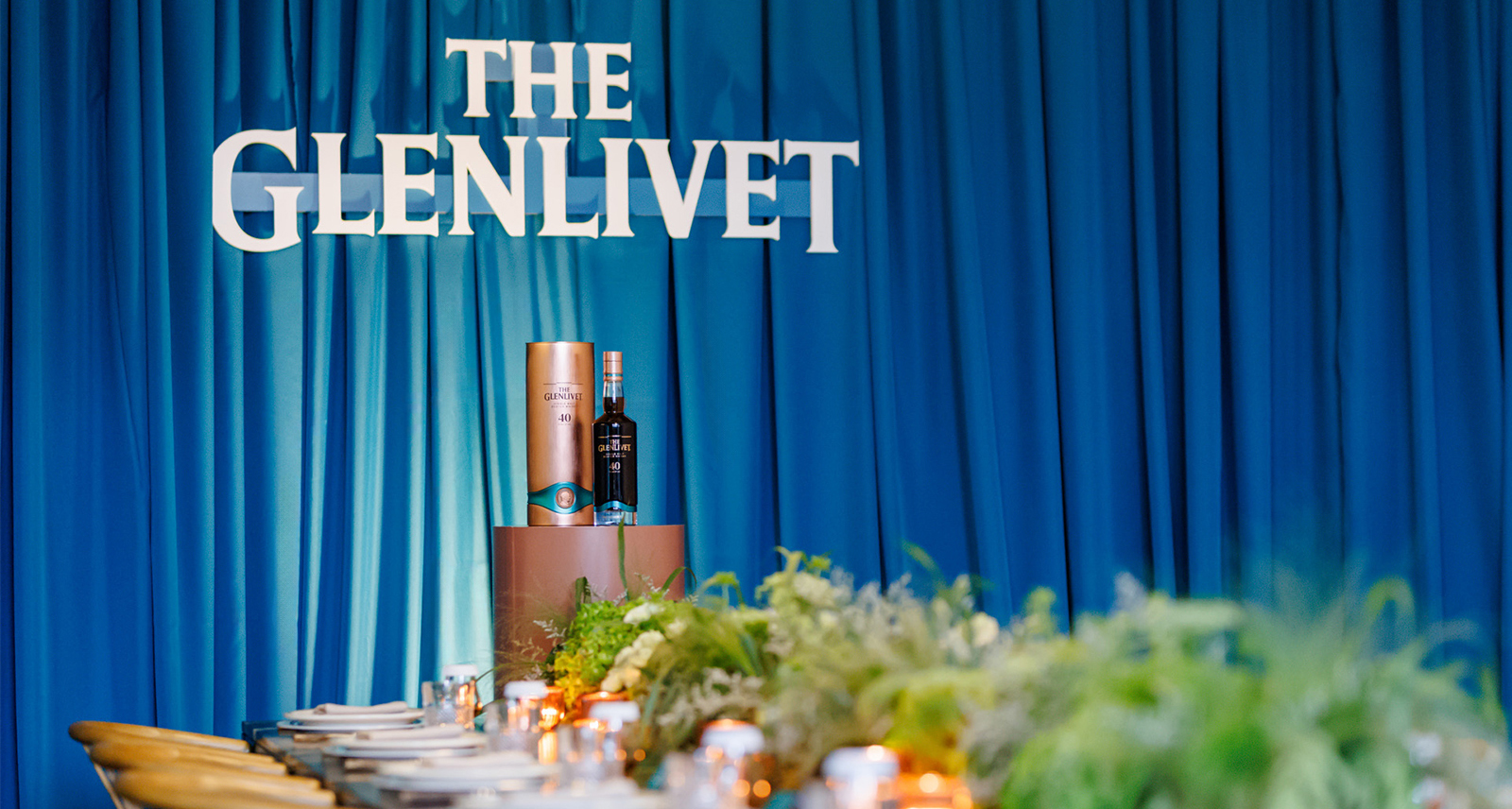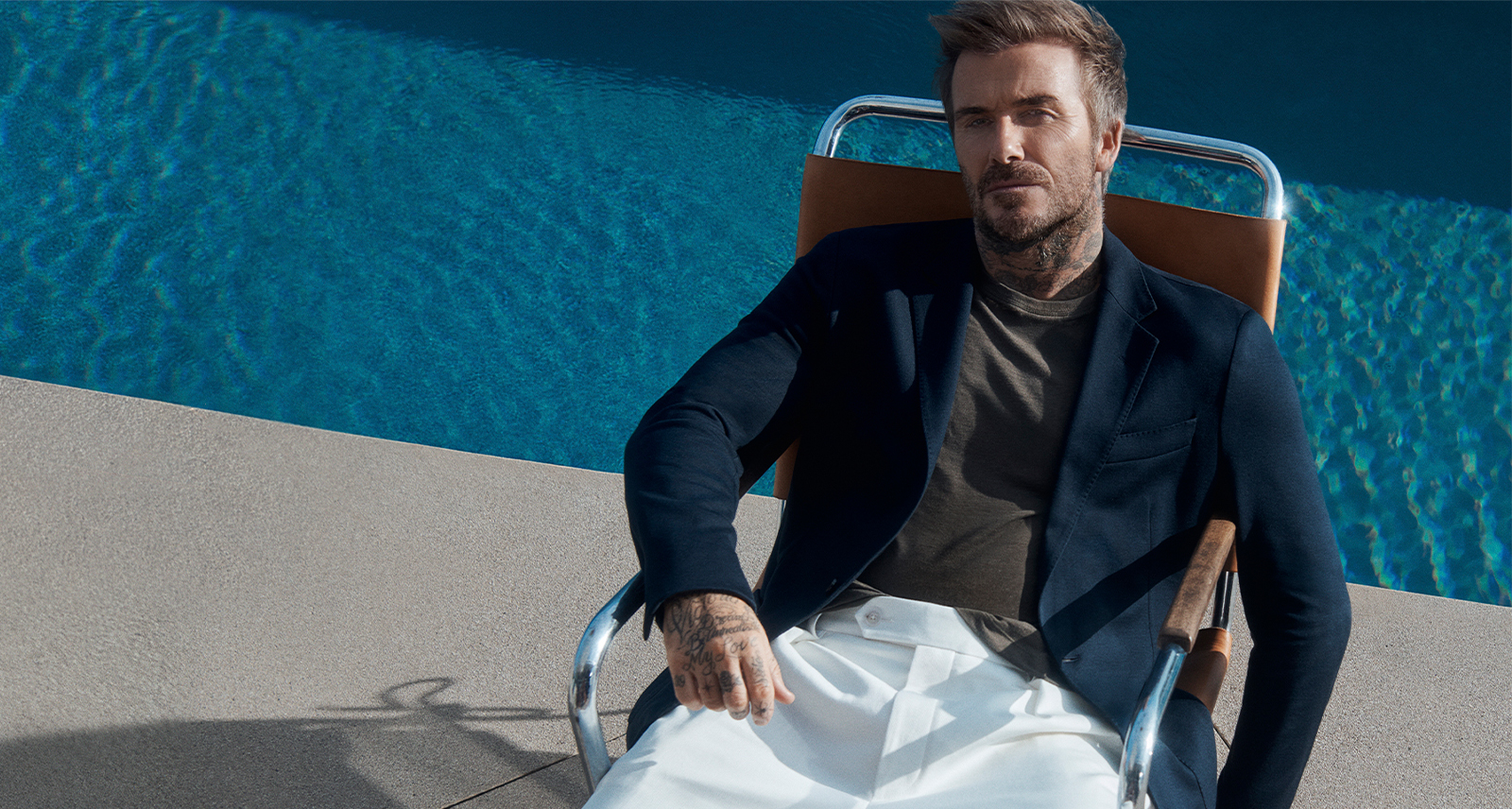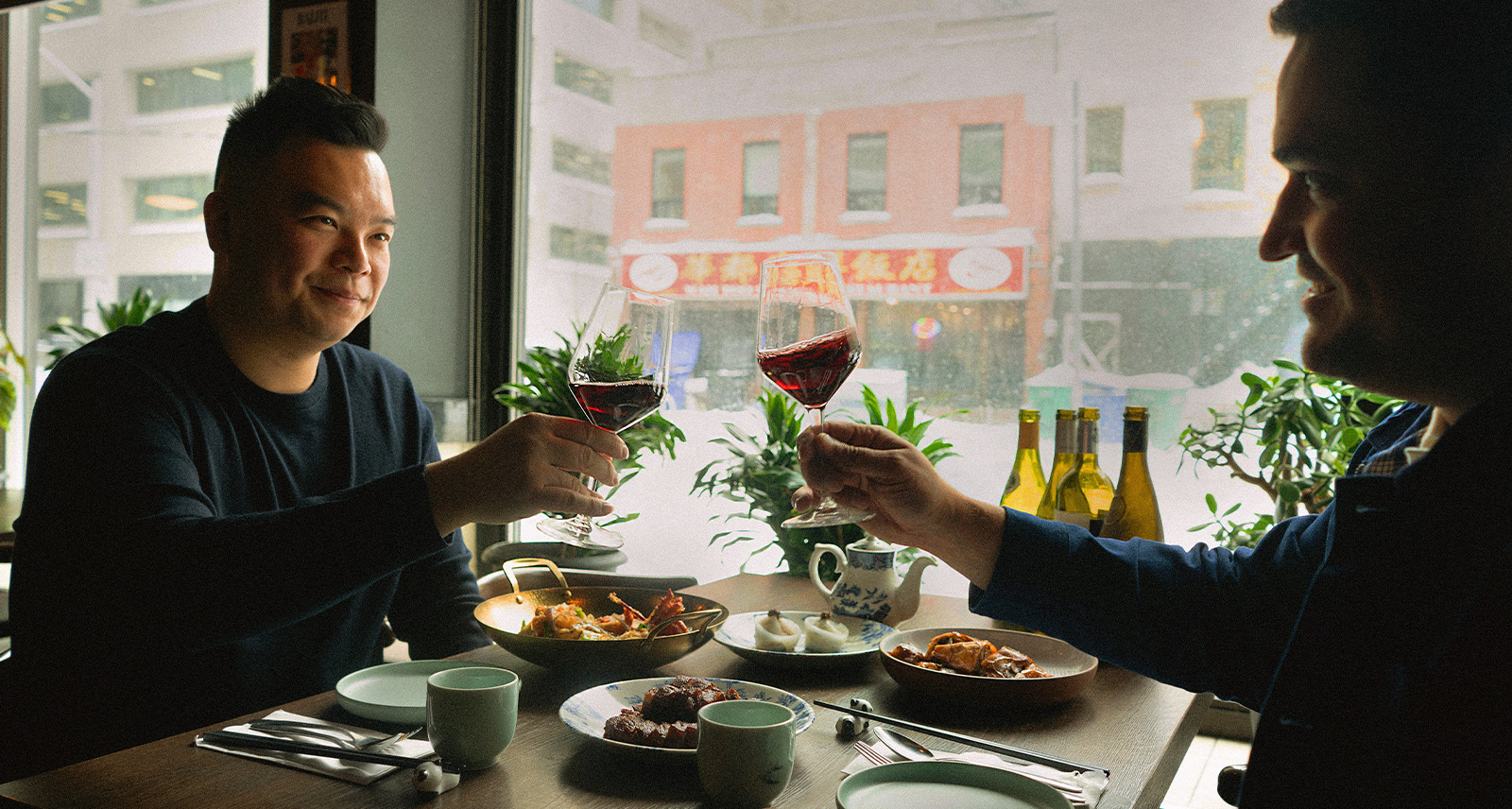A Man Worth Listening To: Timothy Olyphant
A little-known fact is that you did stand up comedy for bit.
That was somewhere in the early ‘90s I guess. After college. I don’t know. I was trying to avoid a mid-life crisis, you know? I didn’t want to be one of those people who always thought I’d do something and never did it. So I gave it a shot.
How did it go?
It went pretty well, actually. But the lifestyle didn’t appeal to me. The hours aren’t good. Plus, there’s a thing that starts to happen when you go down that road — it’s very hard to spend time with people when you’re just trying to think of the joke. That was exhausting. Best-case scenario: I was going to end up in a sitcom, and then I would be off that sitcom in a blink of an eye, and I’d wake up and realize that I have no fucking skills. That would be a tough road. So I thought, maybe I’ll take an acting class.
Even though you’d already been working as an actor.
The thing I remember most was that I read Stanislavsky and Meisner. I think I was a bit embarrassed to say I wanted to be an actor. It was pretty superficial. But I remember reading those books and feeling like: here are two guys that look at this professionally in a way that hasn’t occurred to me. It felt like they were speaking the same language, directly to the artist I was trying to be in college. So I thought maybe there’s a way to make this work. It started to feel like an extension of a lot of conversations that started in art school, with Baldessari and Chris Burden, who rocked my world.
What was it in their work that was blowing your mind at the time?
Well, look: when you’re a kid from Modesto and you go off and you’re getting whatever it was, a bachelor of fine arts in studio arts, you come home and tell your friends, your parent’s friends, your grandparents…and the question you get back is: “What are you going to do with that?” There’s a cliché out there that nobody makes a living doing that kind of stuff — it’s the furthest thing from the truth. When I started going to see Chris Burden’s work, John Baldessari’s work, William Wegman’s work, and going to see all these shows in Los Angeles and visiting artist studios, I would think, “Wow, I can have a life where I don’t go to an office, you know?” And it had great appeal to me. And, so, that started a new conversation for me.
How has that conversation evolved over the last 20 years?
The only thing that happened when I switched over — from drawing and ceramics to taking acting classes and then eventually getting work — was that this profession has a lot of bullshit that comes along with it, there’s a public eye factor, so there were adjustments. How do you succeed in this business and still maintain some sense of normalcy.
Now do you get to point your three kids to things and be like, “Check out this Baldessari,” or “Read this Elmore Leonard, cause this is what my show’s about,” or…
The short answer is yes.
Long answer?
It’s curious, because I found that world of art and culture growing up in a shit-kicker town, just imagining that it existed. I didn’t even brush up close to it until I was in my late teens or early twenties. And my kids are growing up in it. I don’t know if that helps or hurts. For all I know they’re going to be bankers. But it is a fun thing — a curious thing. You’ve got an 11-year-old that likes to draw, and you can say “Come with me, I want to show you something.” I remember growing up, my good friend’s parents had a living room that nobody stepped into. They vacuumed it a month ago and you could still see the vacuum marks. But on their coffee table in their living room was a Salvador Dali book. I loved it. I had no idea what the fuck that was but I loved it. They also had LeRoy Neiman paintings on their wall, I fucking hated them. Isn’t that funny? Growing up in a shit-kicker town and not knowing who that was. I loved that stuff. Mine were probably the only footmarks ever in that living room.










